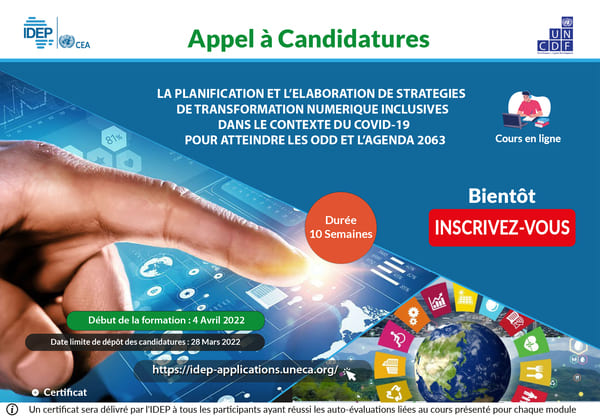IDEP eLearning Platform
African Institute for Economic Development and Planning




PROMOTING LEARNING ON THE GO
Bring Tutoring Right to Your Home.
Take the world best courses, online.
Learning & Fun For Everyone.
African Institute for Economic Development and Planning
Since its creation, IDEP works to assist African governments in their training efforts and capacity building in the areas of economic management and planning. With this regards, it works closely with African member states to assess their needs and develop general courses, specialized and tailored to their frames of senior and middle levels.

The names we are proud of
The course is composed of six modules that cover different aspects of green technologies, including the design, implementation, financing and policy themes around them. These modules are carefully selected with the intention of equipping owners and managers of African micro, small and medium sized enterprises (MSMEs) with the latest knowledge in the theory and practice of green technologies. The course will include lectures that provide trainees with a comprehensive overview of relevant concepts and analytical tools, critically assess relevant policy developments, and introduce best practices for developing and implementing green innovations. This will be backed by interactive sessions through group activities, workshops and online forms that will allow participants to apply what they learned on practically useful real-life projects.




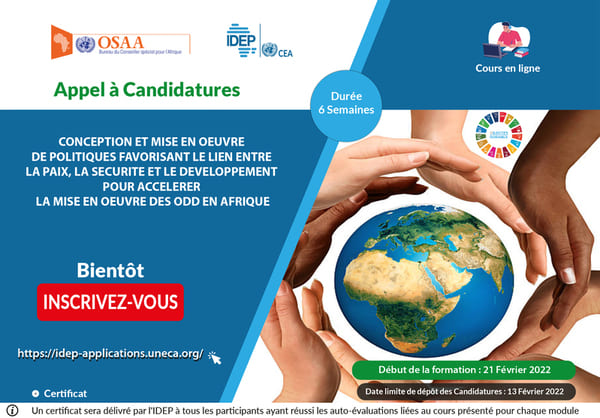








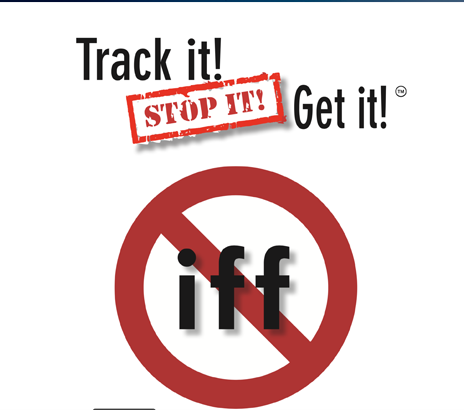

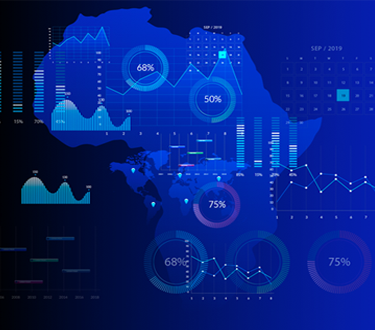

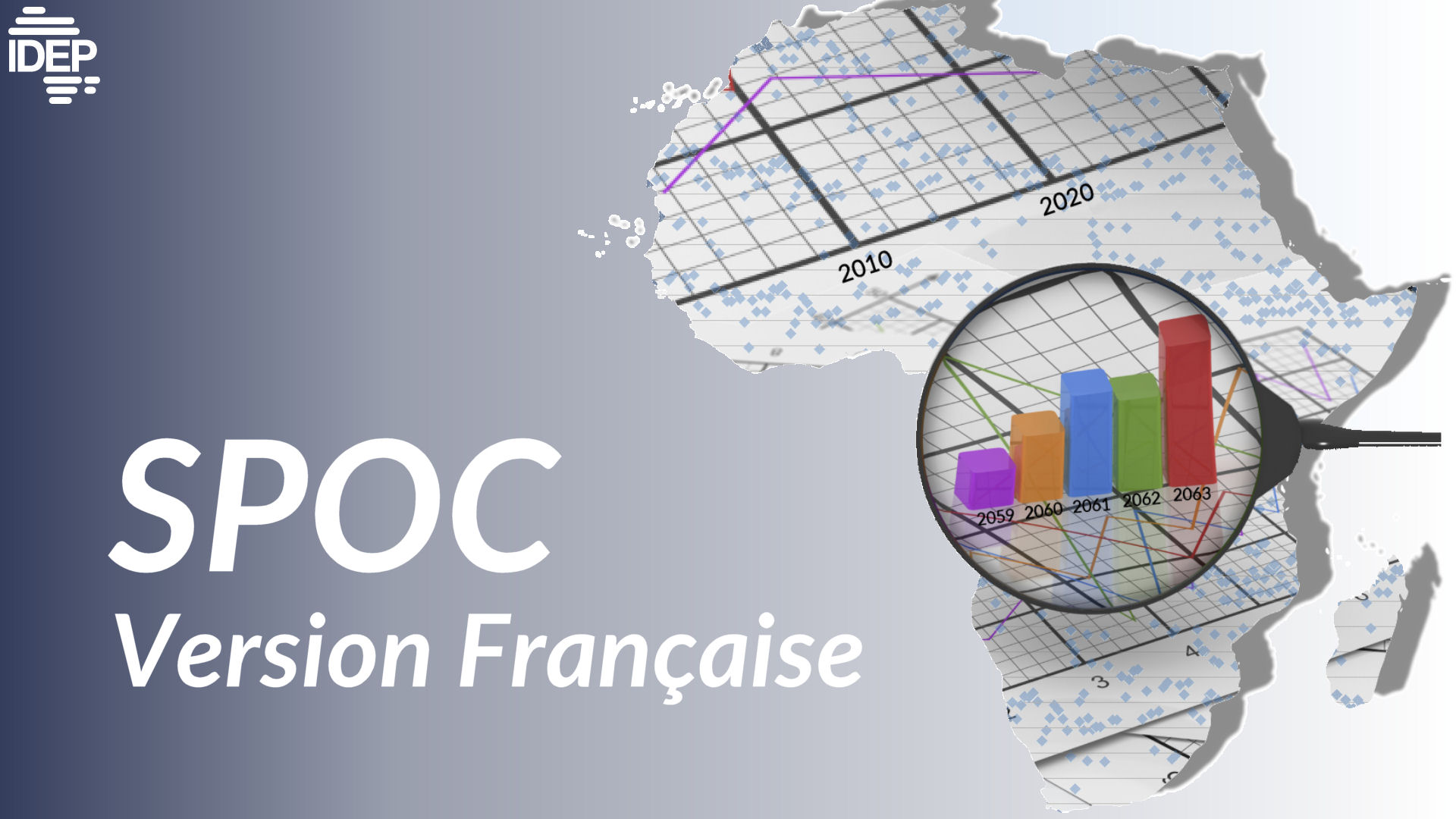
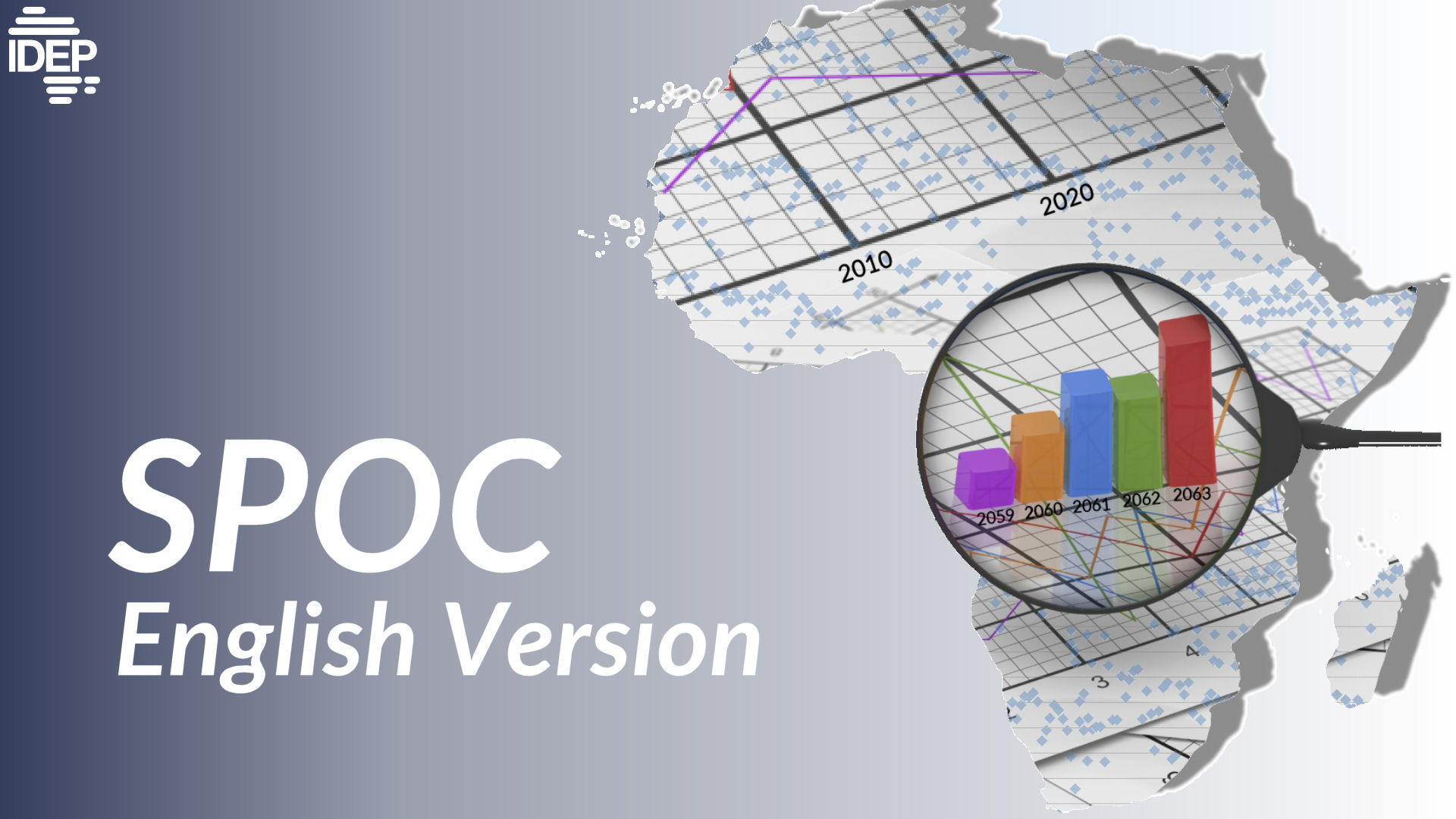
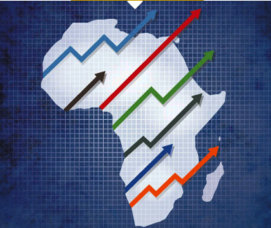

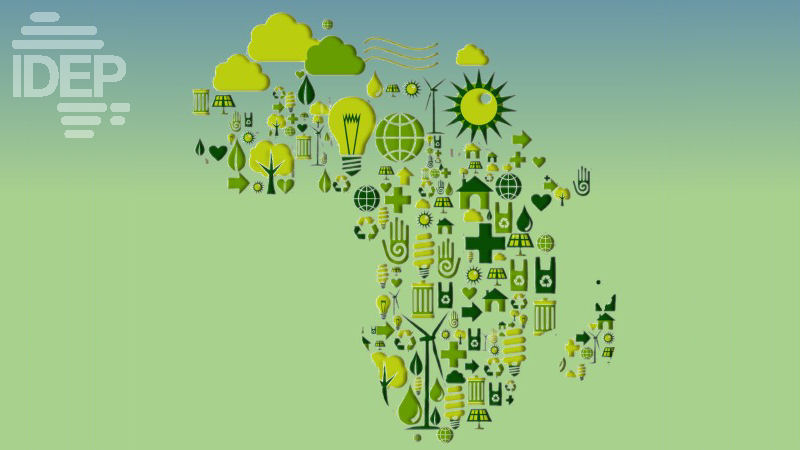
At the end of the course, participants will have a clear understanding of the following:

At the end of the course, participants will have a clear understanding of the following:
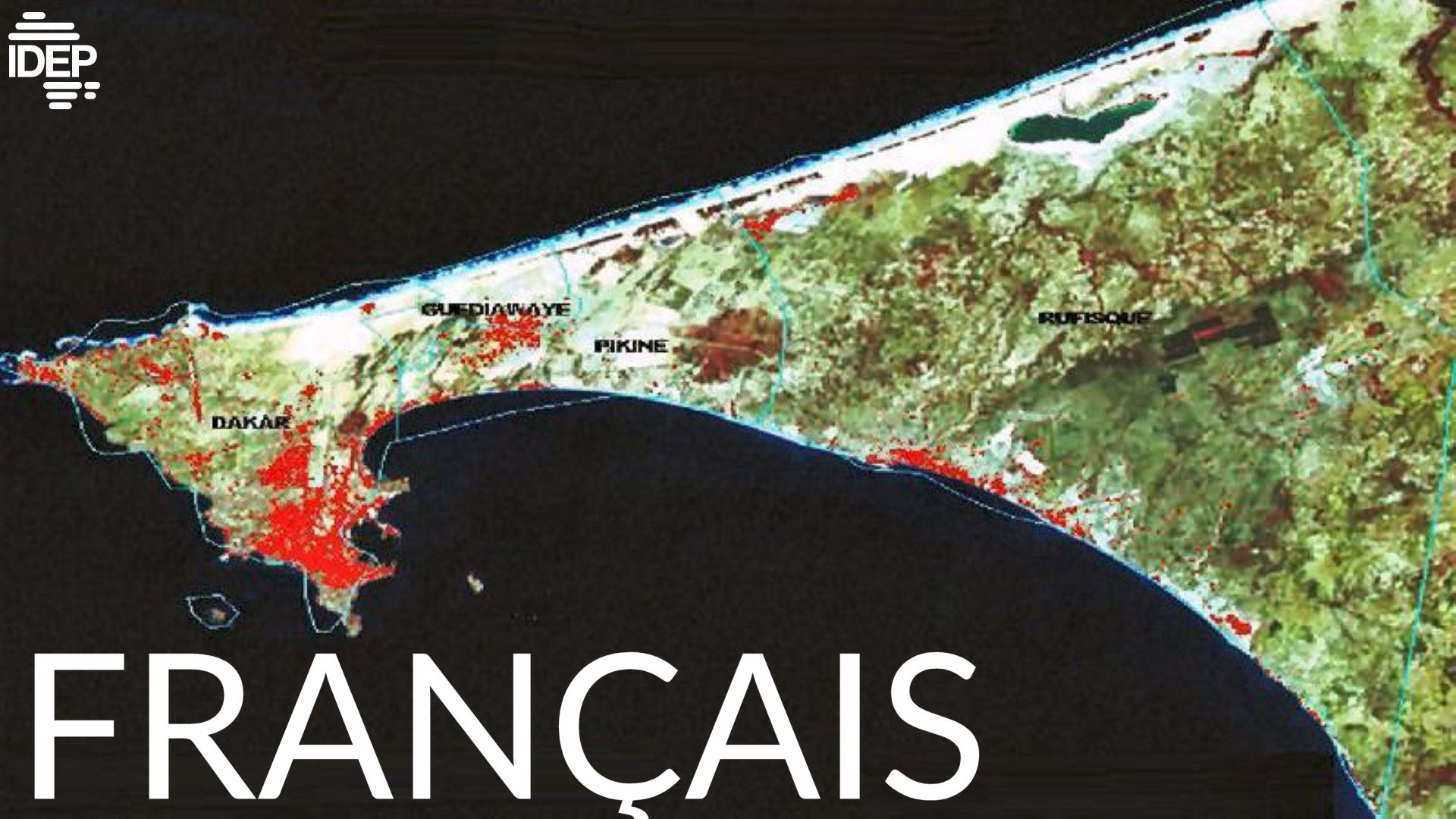
A la fin du cours, les participants seront en mesure :
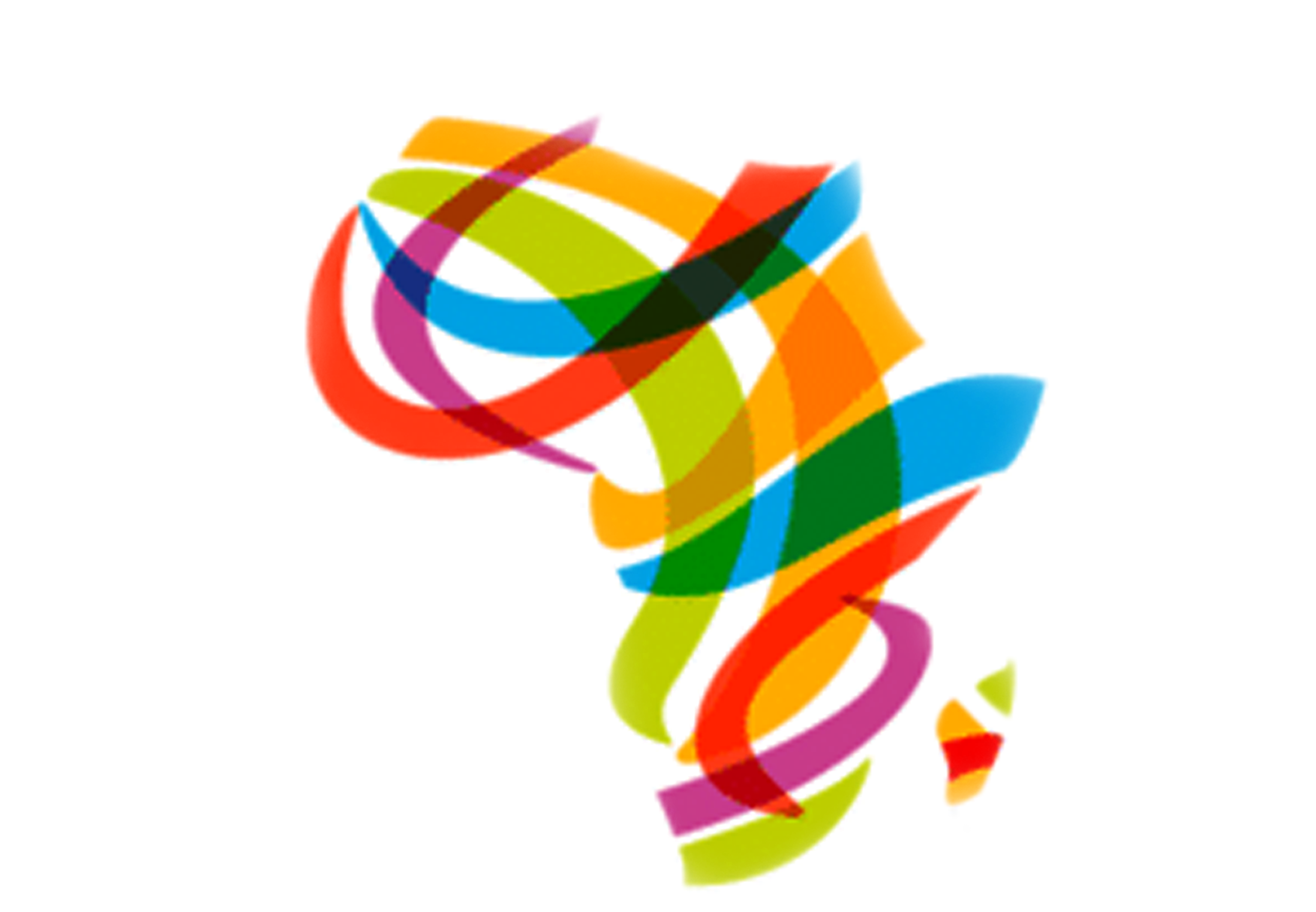

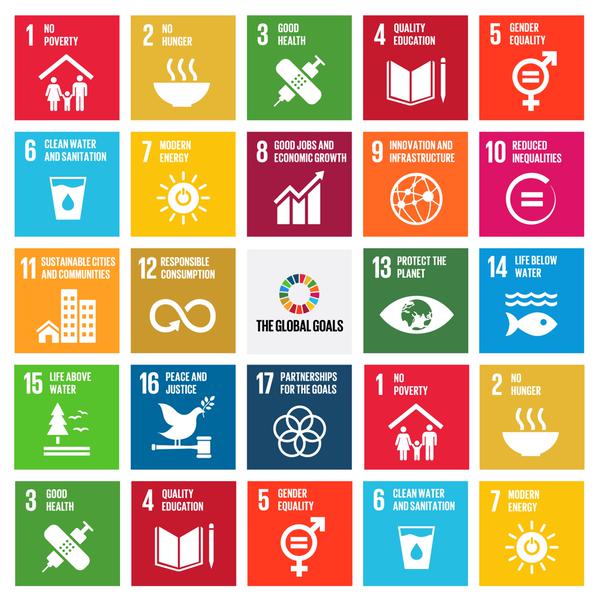
“The ‘New’ National Development Planning and Integrating the 2030 Agenda for Sustainable Development and Agenda 2063 : Challenges and Opportunities”

